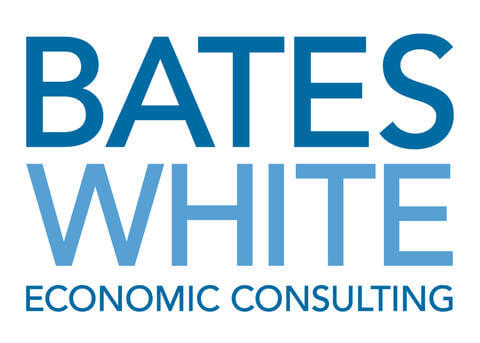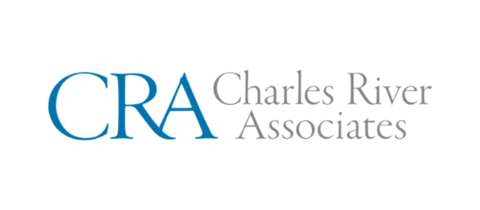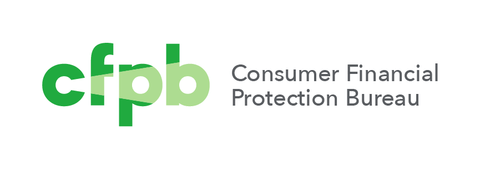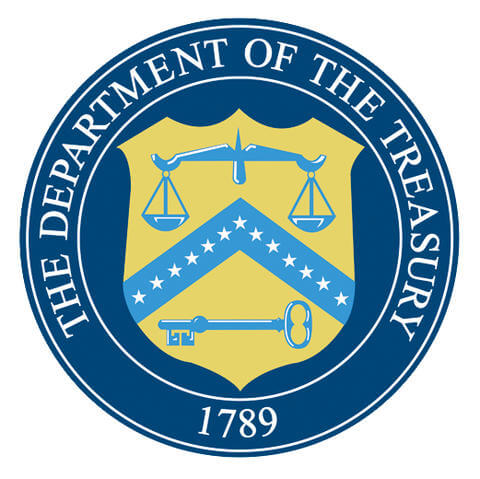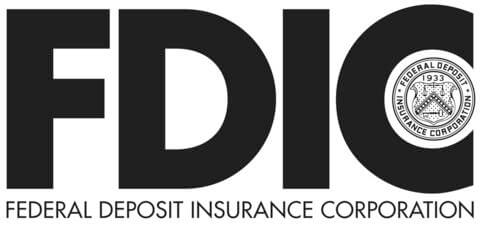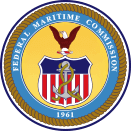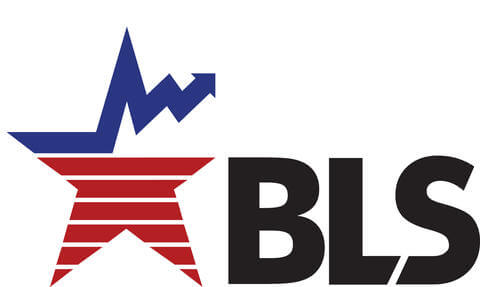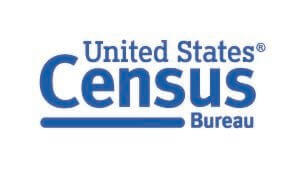AEASP 2022 Experiential Learning Partners
American Economic Association Summer Program 2022 Experiential Learning Partners
Students participating in the AEA Summer Program hosted by Howard University's Department of Economics will be immersed into the many different aspects of an economic education by exposing them to those in the academy, private sector, public sector, and the policy world.
With our experiential learning partners' support, students will be exposed to applied research conducted in the Washington area.
Interested in serving as an Experiential Learning Partner (ELP)?
Please click here to submit your statement of interest.
Experiential Learning Partners
About Our Experiential Learning Partners
Analysis Group
At Analysis Group, we provide our clients with thoughtful, pragmatic solutions to their most challenging business and litigation problems. Analysis Group is one of the largest economics consulting firms, with more than 1,000 professionals across 14 offices in North America, Europe, and Asia. Since 1981, we have provided expertise in economics, finance, health care analytics, and strategy to top law firms, Fortune Global 500 companies, and government agencies worldwide.
Bates White Economic Consulting
Bates White Economic Consulting specializes in providing advanced economic, financial, and econometric analysis to law firms, companies, and government agencies. Our practice areas include antitrust and competition, communications and media, data science and statistics, energy, environmental and product liability, finance, healthcare, intellectual property international arbitration and trade, labor and employment, life sciences, public policy and regulatory economics, and transfer pricing and tax. We work on a diverse range of issues including monopolization, pricing, market definition, structure and concentration, damages and liability analysis, class certification, competitive effects of exclusive dealing and tying arrangements, mergers and acquisitions, joint ventures, efficiencies and failing firm claims.
Charles River Associates
Since 1965, CRA has helped tens of thousands of consultants launch their careers. We're always looking to identify the best, most dynamic talent possible. To that end, and in the months and years ahead, we intend to redouble our efforts in fostering a truly diverse, equitable and inclusive company. A place where everyone—regardless of their race, ethnicity, religion, gender, age, or sexual orientation—is empowered to bring their whole selves to work.
Compass Lexecon
Compass Lexecon provides law firms, corporations, and government clients with clear analysis of complex issues. We have been involved in a broad spectrum of matters related to economics and finance – providing critical insight in legal and regulatory proceedings, strategic decisions, and public policy debates. Our experience and expertise apply to virtually any question of economics, in virtually any context of the law or business, and in any industry.
Congressional Budget Office
The Congressional Budget Office (CBO) provides objective, nonpartisan information to support the budget process and to help the Congress make effective budget and economic policy. The agency's economists and budget analysts produce thousands of formal and informal cost estimates for proposed legislation, as well as dozens of reports and other materials on a variety of topics. CBO conducts objective, impartial analysis on every major area of federal policy, including spending programs, the tax code, and budgetary and economic challenges and does not make policy recommendations. CBO hires top-notch multidisciplinary staff of analysts who enjoy challenging work, a collaborative environment, and the rewards of public service without regard to political affiliation.
Consumer Financial Protection Bureau
The Consumer Financial Protection Bureau (CFPB) was established by the Dodd-Frank Wall Street Reform and Consumer Protection Act of 2010. Our mission is to make markets for consumer financial products and services work for all consumers. The Bureau fosters a diverse and inclusive work environment that promotes collaboration and fairness to ensure that all individuals are able to participate and contribute to their full potential.
Department of the Treasury
The mission of the Department of the Treasury is to promote economic prosperity and ensure the financial security of the United States by maintaining conditions that enable economic growth and stability at home and abroad. The Treasury Department is responsible for operating and maintaining systems critical to the nation’s financial infrastructure, encouraging sustainable economic growth, fostering improved governance in financial institutions, and advising the President on economic and financial issues.
Federal Deposit Insurance Corporation
The Federal Deposit Insurance Corporation (FDIC) is an independent government agency with the mission of maintaining the stability and public confidence in the nation's financial system by: insuring deposits, examining and supervising financial institutions for safety and soundness and consumer protection, making large and complex financial institutions resolvable, and managing the resolution of failed banks.
The Center for Financial Research (CFR) within the FDIC supports the mission of the FDIC through policy support, directed research, and mission-relevant independent research. Among the tasks that economists at the FDIC perform are: developing models for use in the pricing of deposits, prediction of future bank risks, and the resolution costs of banks; designing, executing, and analyzing surveys on householding finance decisions and banks' small-business lending practices; providing supporting material for rulemaking; and participating on bank examinations involving statistical and econometric models.
Federal Maritime Commission
The Federal Maritime Commission (FMC) is the independent federal agency responsible for regulating the U.S. international ocean transportation system for the benefit of U.S. exporters, importers, and the U.S. consumer.
Federal Reserve Board of Governors
The Federal Reserve System is the central bank of the United States. Our work supports monetary policy decisions to promote maximum employment, stable prices, and moderate long-term interest rates—the three economic goals that Congress instructed the Federal Reserve to pursue to ensure the health of the U.S. economy and the stability of the U.S. financial system. The Board of Governors of the Federal Reserve System (Board) and the Federal Open Market Committee (FOMC) set monetary policy with input from the 12 Federal Reserve Banks, providing policy analysis and original economic research in a wide variety of areas like:
- International and Domestic Economic Forecasting
- Monetary Policy Reporting
- Consumer Finance and Community Development
U.S. Bureau of Labor Statistics
The U.S. Bureau of Labor Statistics is the federal statistical agency tasked with producing data on labor market activity, working conditions, price changes, and productivity in the U.S. economy to support public and private decision making.
U.S. Census Bureau
The Census Bureau's mission is to serve as the nation's leading provider of quality data about its people and economy. We honor privacy, protect confidentiality, share our expertise globally, and conduct our work openly. We are guided on this mission by scientific objectivity, our strong and capable workforce, our devotion to research-based innovation, and our abiding commitment to our customers.
Washington Center for Equitable Growth
The Washington Center for Equitable Growth is a non-profit research and grantmaking organization dedicated to advancing evidence-backed ideas that promote strong, stable, and broad-based economic growth. Founded in 2013, our mission is to build a strong bridge between leading academics and policymakers around the country.
Equitable Growth’s academic research investigates the consequences of economic inequality, focusing on policy solutions that improve workers’ and families’ economic stability, well-being, and mobility, as well as how to address structural inequality and the racial and gender inequities woven into the U.S. economy. We have funded more than 300 researchers up and down the career ladder through an annual peer-reviewed, competitive grant process.


